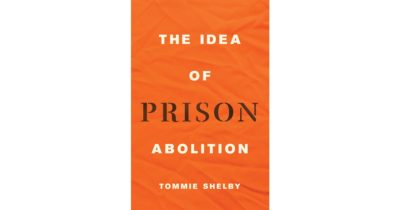Bhaskar Sunkara kicked up a bit of a storm when he first wrote about ‘anarcho-liberalism’ in 2011. Sunkara wrote about this odd term as an extension of the politics of the New Left. Specifically the anti-globalization movement of the late 1990s and early 2000s. And when he used the term, Sunkara called to mind two things: first, a rejection of the mass working class institutions and politics of the left, and second, ‘revolutionary’ critique and action from people and small groups.
Let me narrow this down a bit in a way that readers might apply to their local situations. Anarcho-liberalism often amounts to a kind of knee-jerk cynicism and opposition toward government, especially at the local level. And it lacks any serious plan to build a movement to take power in the interests of the working class.
Insofar as anarcho-liberalism allows for an alternative, it falls back on NGOs, non-profits, or ‘mutual aid.’ And these are the best options. At its worst, it fails to go beyond ‘pestering’ local officials with no deeper goal.
In short, it’s a mess. And it has its backers in Iowa City.
Let’s talk a bit about that.



